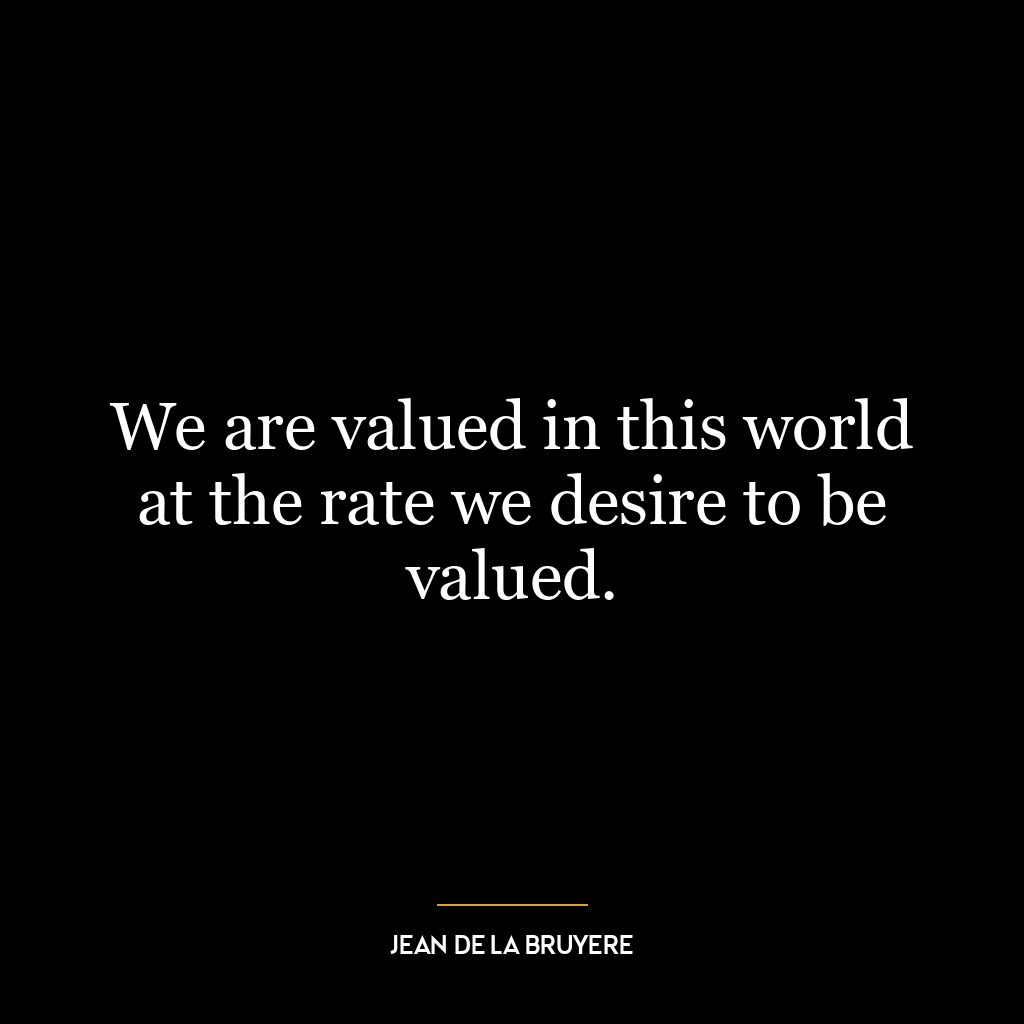This quote emphasizes the principle that good intentions or desires alone are insufficient to make a person good. It underscores the idea that actions speak louder than words. Essentially, it means that if someone aspires to be good, they must actively do good deeds. It’s not enough to simply harbor a desire to be good; one must manifest this desire through tangible actions.
This principle is deeply rooted in the concept of virtue ethics, where moral character is developed through habituation and practice. The idea is that you become virtuous not by thinking or feeling virtuous, but by consistently acting in a virtuous manner.
Applying this principle in today’s world, it can be seen in various contexts. For instance, if someone desires to be a good environmentalist, it’s not enough to just have a love for the environment. They must also engage in eco-friendly practices such as recycling, reducing their carbon footprint, or participating in environmental activism. Similarly, if one aims to be a good leader, they must demonstrate leadership qualities through their actions and decisions, rather than just desiring or claiming to be a good leader.
In terms of personal development, this principle can be a powerful guide. It suggests that to develop or improve any aspect of ourselves, we must actively engage in practices that embody that quality. For instance, if we want to become more compassionate, we need to practice acts of compassion regularly. If we wish to be more disciplined, we must consistently follow through on our commitments.
This idea is not just about doing good deeds to become a good person, but about the transformative power of action. It suggests that we shape our character and our identity through what we do, not just what we desire or believe. Therefore, it encourages us to be proactive and intentional in our actions, as they are the true reflection of who we are and who we aspire to be.















